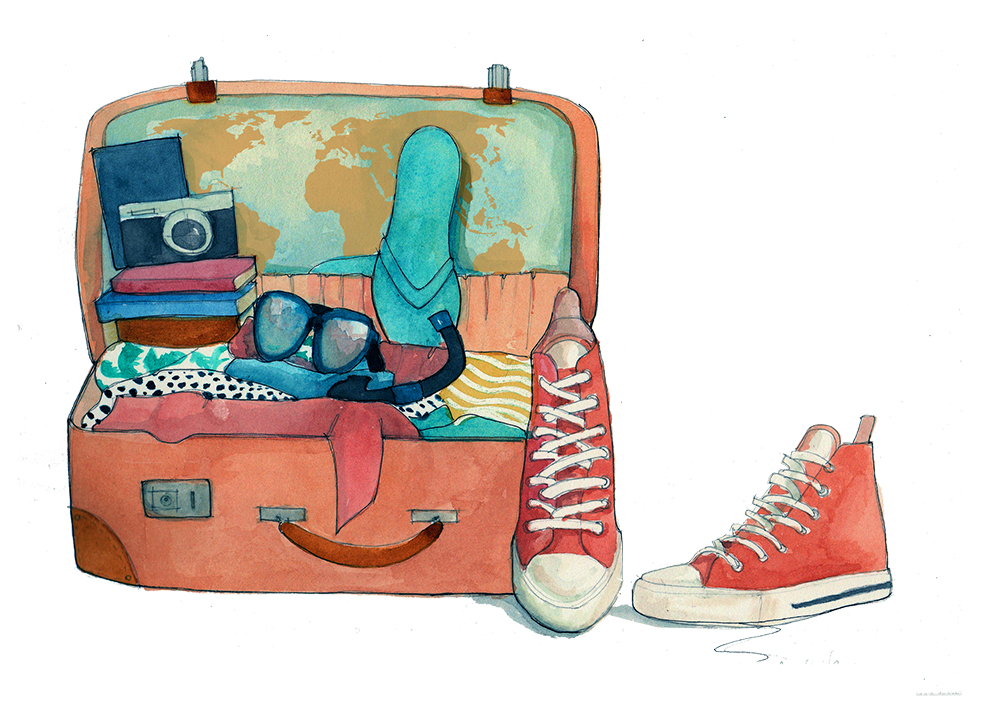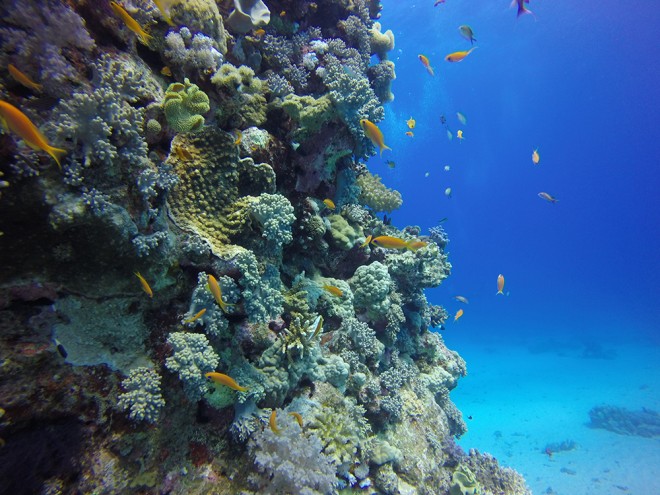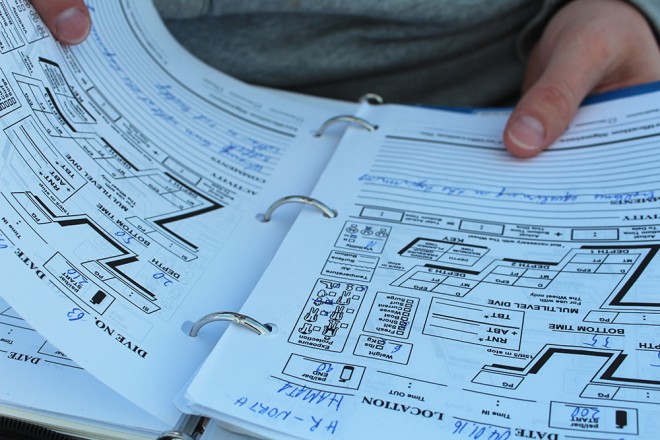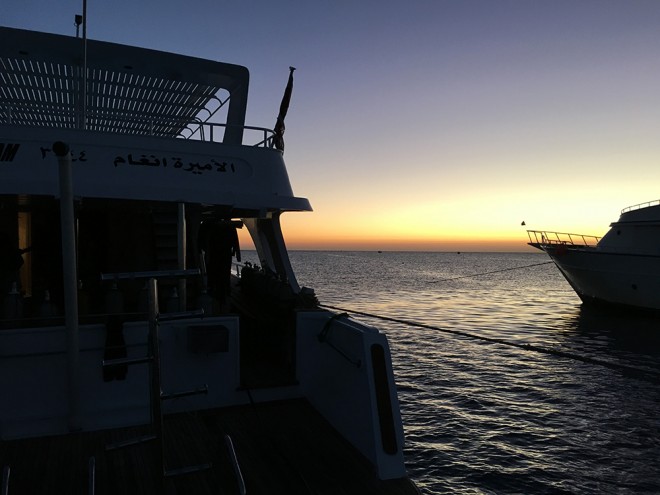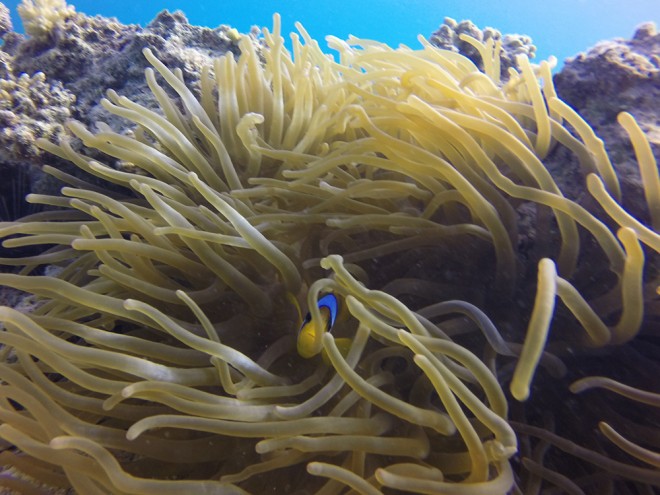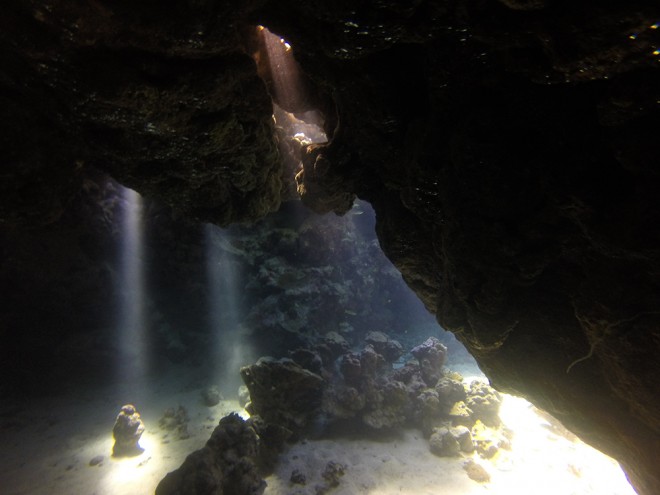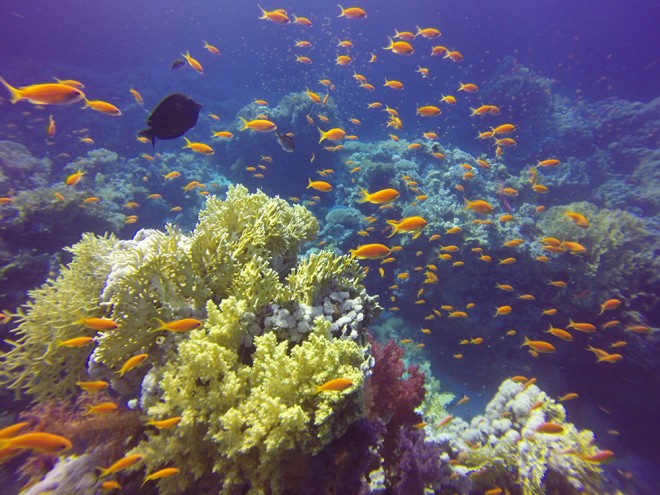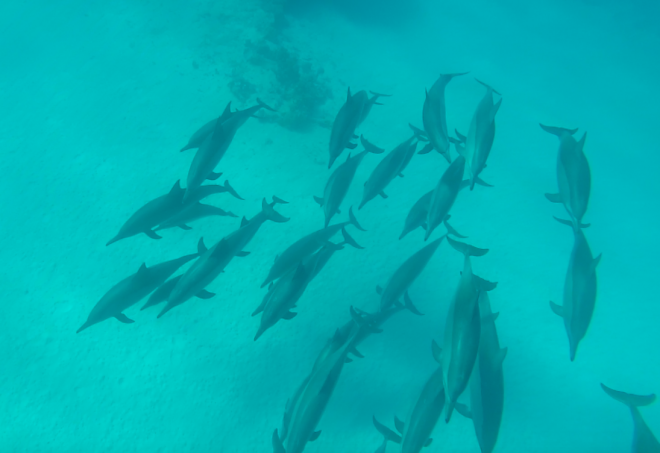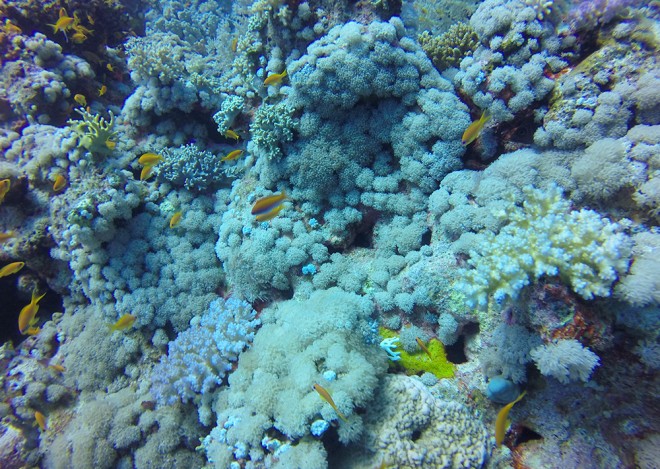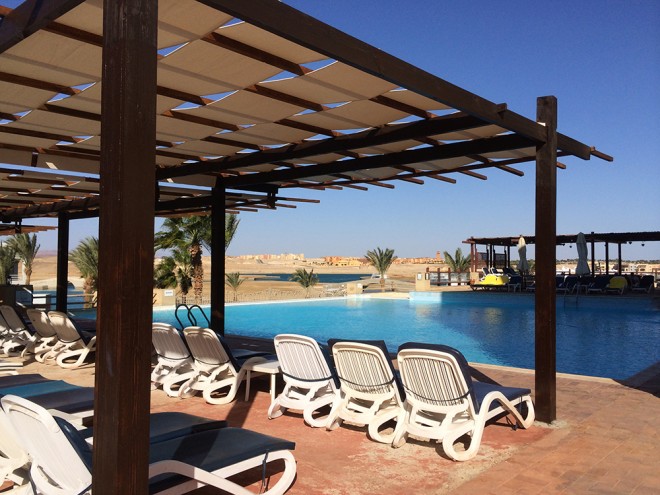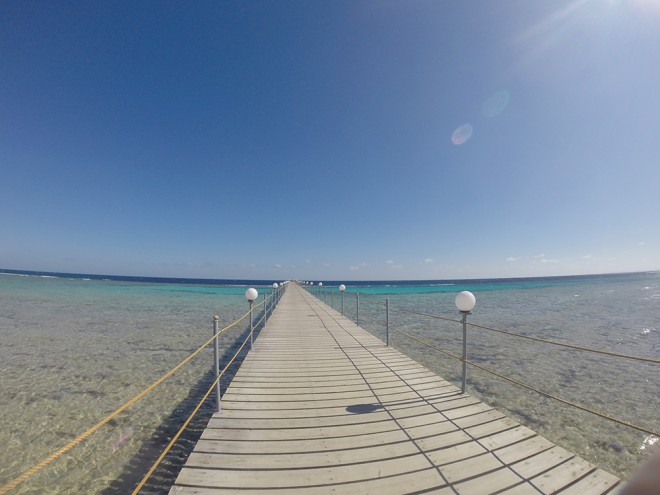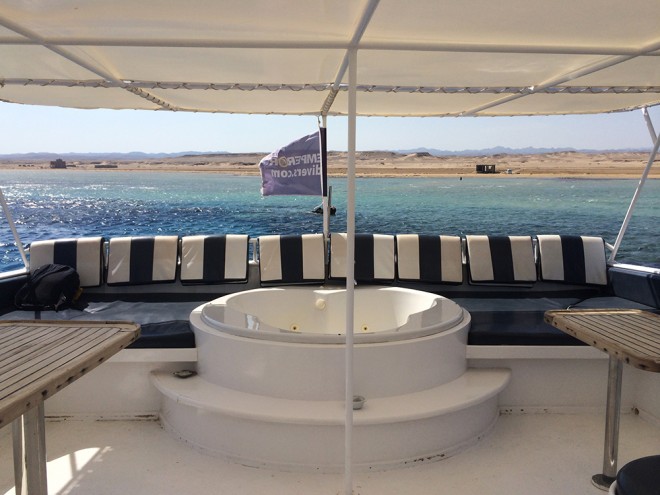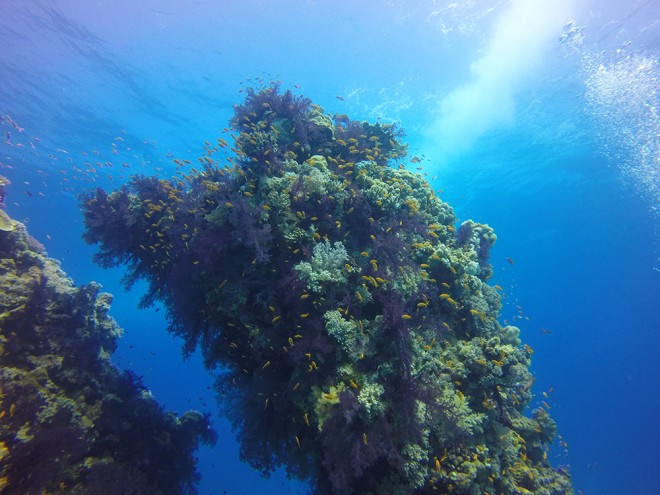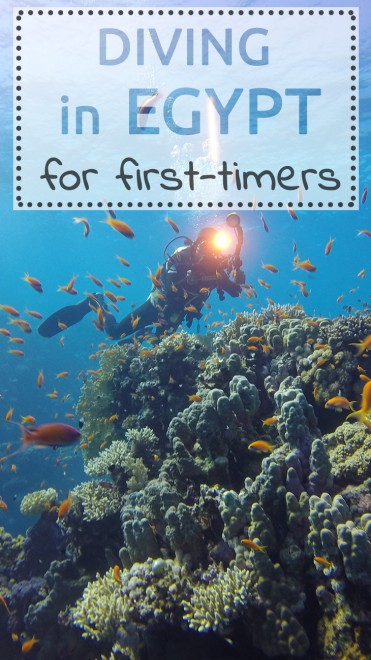How great it is to know well your diving destination? Insider tips, what’s best to do and what you should avoid, the rules, the costs and even the best time to go. Even doing so much research previous to my first time diving in Egypt, I didn’t find half of the information you may now find here. Most of them I learned when I got there, and I only wish I knew them all in advance, this way I could have known what to expect and how to better plan the trip.
After 3 times diving in the Red Sea in different locations and with different diving centers, I thought that all I’ve learned from my trips could be useful to some of you. That’s why I decided to create the little guide “Diving in Egypt for first-timers”, which contains basic, important and indispensable tips for many divers out there.
The guide is divided into different sections to make it easy to read. If you think anything else should be included here, let me know and I will be happy to update it. So, here we go:
On diving rules
As in every place you go diving, Egypt also has its rules, which divers should respect. They go from mandatory use of equipment to maximum depths. As an Open Water Diver or Advanced Open Water Diver, these are the main rules you should be aware of when diving in Egypt:
It’s mandatory to have a dive computer: many people don’t have one and think it won’t be needed, or that he/she can share one with his/her buddy. Wrong. In Egypt as in many other countries, the use of an individual dive computer is mandatory, for your own safety.
You are not allowed to wear gloves: this is to protect the marine life. They believe that when wearing gloves, people tend not to care much if they touch corals or animals. So that’s why you won’t be allowed in the water wearing gloves.
The maximum depths: unless you are a tech diver or have a deep dive specialty – which in this case allows you to dive up to 40m – you can only dive until 30m. That’s the rule for every diving center.
Safety buoy: when diving without a guide, it is mandatory to have a safety buoy. No need for each person, just one for you and your buddy. Some diving centers might not check this, but most will.
Spearfishing is prohibited: no need to elaborate further, I guess. In Egypt spearfishing is not allowed in order to protect the local marine life.
Dive insurance: as far as I’m concerned, it is not mandatory to have dive insurance to dive in Egypt. However, I know diving centers that require that you have it in order to dive with them. In any case, I do recommend you to have dive insurance for all diving trips you make.
On diving
The marine life: amazing and rich. There are over 10 different species of sharks, including the occasional Whale Shark (I was never lucky enough to see them); around 40 species of corals, from soft to hard; fish of every colour and size, from anemone fish to barracudas and napoleons; dolphins, manatees, moray eels, manta and eagle rays, among others.
Dive sites for everyone: cave diving, wrecks of every size, like the so famous Thistlegorm located near Sharm-El-Sheikh, canyons and drop-offs and coral gardens, are among the amazing dive sites you can find in the Red Sea. Egypt has some of the best dive sites in the world: the wreck of the Thistlegorm, Yolanda Reef, Elphinstone and Brothers Islands are among them.
From calm to drift dives: depending on your destination, you may experience more calm dives, while others with strong currents, great for drift dives. I have experienced both and they were all amazing. I noticed that between Marsa Alam, Hamata and Sharm-El-Sheikh, the latter has much more options for drift dive.
It can be really crowded underwater: depending on the destination and the season you travel to Egypt, you might notice how crowded the water can be, both up (with boats) and down (with divers). It seems to me that Sharm-El-Sheikh is busy at any season of the year, while Hamata is still secluded. Popular dive sites like Thistlegorm and Yolanda Reef can be very busy at times.
On costs
One of the first things I noticed when planning our first trip to Egypt, was how hard it was to predict how much we would spend with diving. There were so many extras, that in end we spent way more than we expected. Here are some of them you should be aware of:
Nitrox: depending on the diving center you will have a 12l tank for free (extra if you want a 15l tank), while others you need to pay per tank, something between 2 – 5 Euros.
Food on the boat: most diving centers offer breakfast/lunch on the boat (depending on how long the trip lasts), and it also costs extra. This price may vary from 6 – 8 Euros per person and includes soft drinks and water.
Special trips: basically every diving center offer special trips to special dive sites. These are normally far or where only a few boats per day are allowed. For example, in Sharm-El-Sheikh diving the Thistlegorm or the Dunraven costs more, in Marsa Alam there are Elphinstone and Dolphin’s House. Normally the food is included on the price of trip.
National Parks fees: in Egypt there are many protected areas, which charge a fixed fee for every diver who goes diving there. The price is per day and per diver, and normally costs around 5 Euros.
Guides: most diving centers already offer a guide, but you may find some that charge you for the guide, private or not, which I find weird, but it’s good that you know.
Optional fee for decompression chamber: normally paid once and per person. It costs around 4 Euros.
*All these extras will be added to your bill, which should be paid at the end of your trip.
Tips for saving:
Check the diving center’s website for prices. It’s important to know if they charge extra for Nitrox (if you plan to dive with it), and how much do the special trips costs, etc.
Booking online and in advance might save you lots of money. Some diving centers give you 10% – 15% discount if you do so.
What you shouldn’t worry about:
In all diving centers in Egypt it is already included weights, tanks and air.
On accommodation
When planning a diving trip to Egypt you will notice that most accommodation options are resorts. That’s because that is not only the best option, but also basically the only one. It is normal to stay in such hotels and I can only recommend them. In places like Dahab, for example, you will have other options like B&B’s, which is great. But in Marsa Alam, Safaga, Hamata, El Gouna, Hurghada and Sharm-El-Sheikh, that’s about the only option you will have.
Here is what you should look for to pick a good resort:
House reef: many hotels have their own house reef, and they are normally amazing with lots to see. These hotels normally have a diving center and they offer packages of non-limit dive in their house reef, which is pretty cool.
Near/with a diving center: it is interesting to stay at a hotel, which already have a diving center, but it is also good to know that just because there is one there doesn’t mean the hotel is good. If your preferred hotel doesn’t have a diving center, look for the nearest one, it’s very common for them to pick up divers in other hotels.
Read reviews: trust me, reading hotel reviews are extremely important when it comes to picking one in Egypt.
The 4-stars is the 3-stars: in Egypt, a 4 star hotel is never a 4 star hotel. Same goes to the other categories. So if you are planning to stay in a 4 stars hotel, book the 5 stars one.
Internet: be prepared, if you really need internet while in Egypt, don’t even count on the hotel, they charge an absurd amount for 1 hour of Wi-Fi in your room.
My precious tip is: have a USB stick adaptor for SIM cards and as soon as you arrive at the airport, go to Vodafone and get an internet SIM card. Charge it with the lowest amount and as soon as you get to the hotel and connect, charge with more GB (it’s cheaper to do it online than at the store). That’s what I always do, as I still haven’t found a better alternative.
On diving centers
I had the opportunity to dive with 3 different diving centers, each one of them had something that we loved about, and each one had their own rules and prices. Nonetheless, I recommend all 3 of them:
Emperor Divers (Marsa Alam): the most expensive, but the most organized and “luxurious”. Some – if not all – of their boats have free Wi-Fi on board, the crew and guides are very helpful and competent, the food on the boat is great.
Sinai Divers (Sharm-El-Sheikh): very very friendly, organized and competent staff, boats are ok, the best food on the boat so far. Prices are fair and everything is stated on the wall of the diving center. There was always someone to answer to our questions and the briefings were very well explained.
Orca Dive Club (Wadi Lahmy Azur, Hamata): very friendly guides and crew, I guess the cheapest from the 3 of them. Boats were ok and food too.
General Information
It’s cold during winter: even though the water is around 22C to 23C degrees (at least in the South, Hamata) it’s VERY windy, and that makes everything else cold. The air temperature can reach 10C – 12C at night and 23C during the day. So from December to March you might consider taking hoodies and windbreak jackets; you will need them.
The food on the boat is better than at the hotel: everyone will probably say the same. The food at the resorts vary from horrible to ok, it’s hard to find a great one, even if you are staying in a 5 stars hotel. So the food on the boat is way better, which is good, because that’s where you will have lunch almost every day.
The bill: on your last day of diving you will be provided with your bill, which will include all the dives, tanks, fees, lunch, and all the extras of your trip. Make sure to check each item and that all is correct.
In case of being sick: if you already paid for a dive package, got sick on your trip and can’t dive for a few days, discuss and negotiate this with the diving center, as they normally won’t charge you for this or will find a way that both parties will win.
Euros: because Egypt is so near Europe and most of its visitors are Europeans, Euro is the most accepted money after Egyptian Pounds, its official currency. So, everyone accepts Euros.
Best time to go: if you want to avoid the colder months, don’t go between December and April. Meanwhile, if you want to avoid the hot temperatures, avoid July and August. I have been there in January, April and November, and no doubt the latter was the best!
